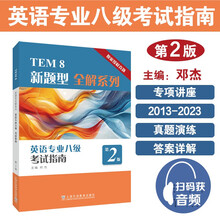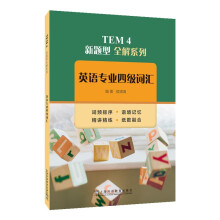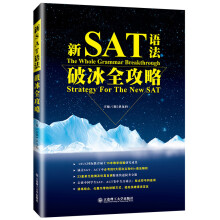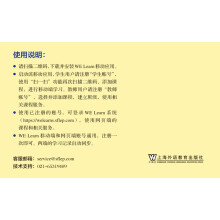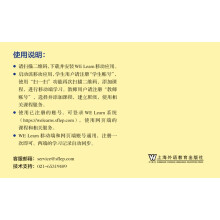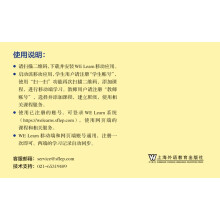Text 152
The liberal view of democratic citizenship that developed in the 17th and 18th centuries wasfundamentally different from that of the classical Greeks. The pursuit of private interest with aslittle interference as possible from government was seen as the road to human happiness andprogress rather than the public obligations and involvement in the collective community that wereemphasized by the Greeks. Freedom was to be realized by limiting the scope of governmentalactivity and political obligation and not through immersion in the collective life of the polis. Thebasic role of the citizen was to select governmental leaders and keep the powers and scope of publicauthority in check. On the liberal view, the rights of citizens against the state were the focus ofspecial emphasis.
Over time, the liberal democratic notion of citizenship developed in two directions. First, therewas a movement to increase the proportion of members of society who were eligible to participate ascitizens-especially through extending the right of suffrage —— and to ensure the basic politicalequality of all. Second, there was a broadening of the legitimate activities of government and a useof governmental power to redress imbalances in social and economic life. Political citizenshipbecame an instrument through which groups and classes with sufficient numbers of votes could usethe state power to enhance their social and economic well-being.
展开



